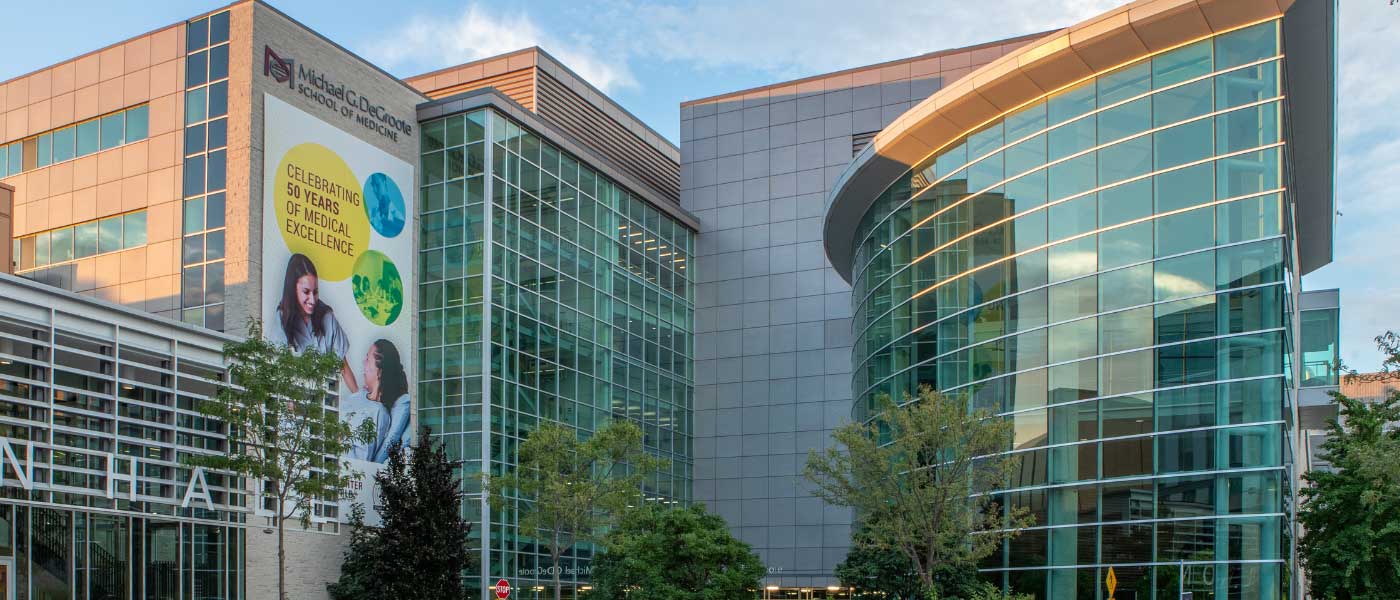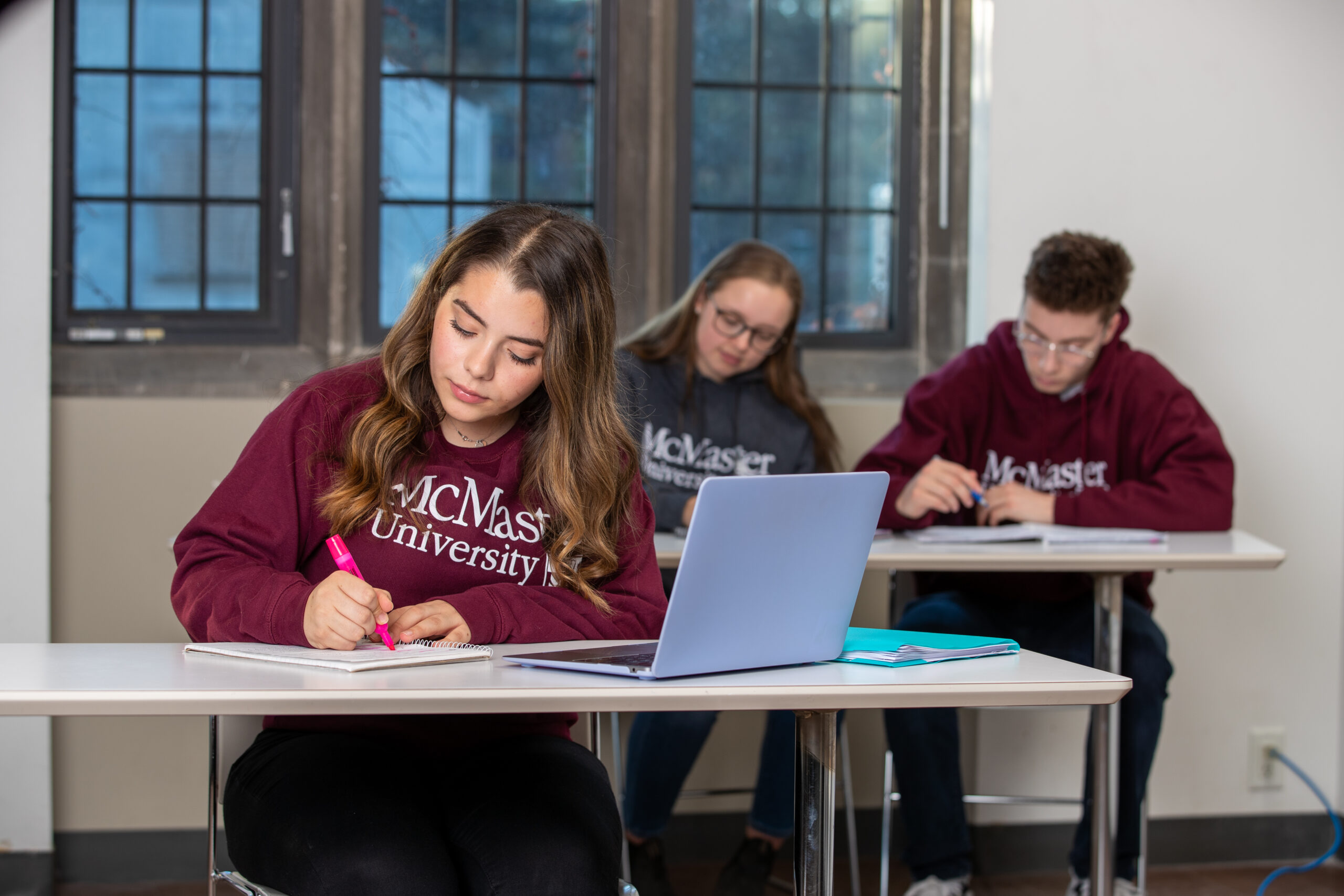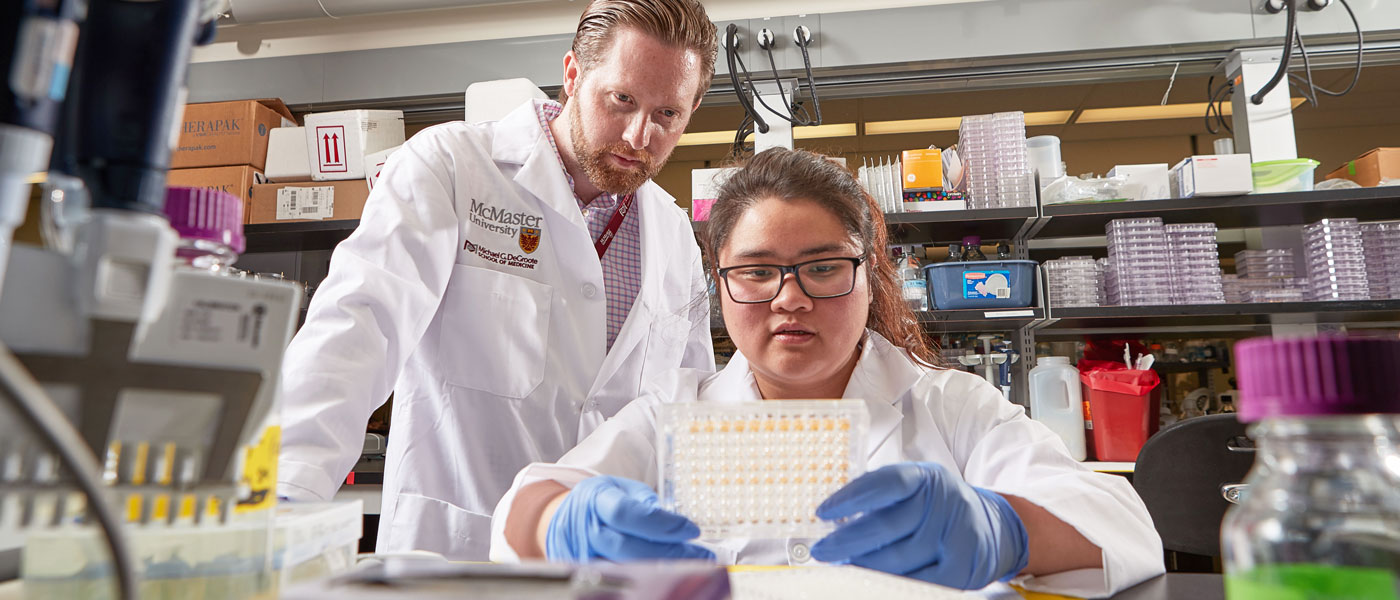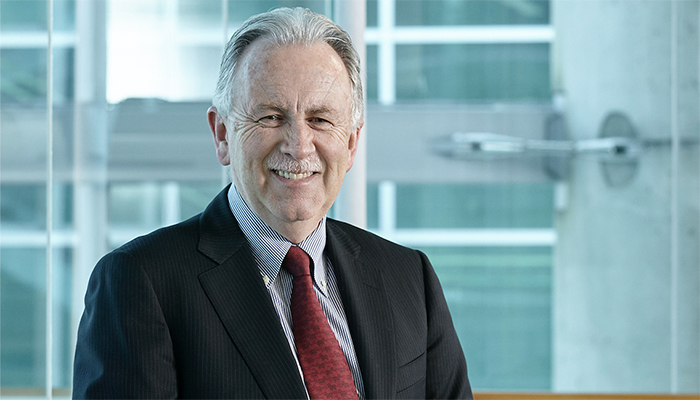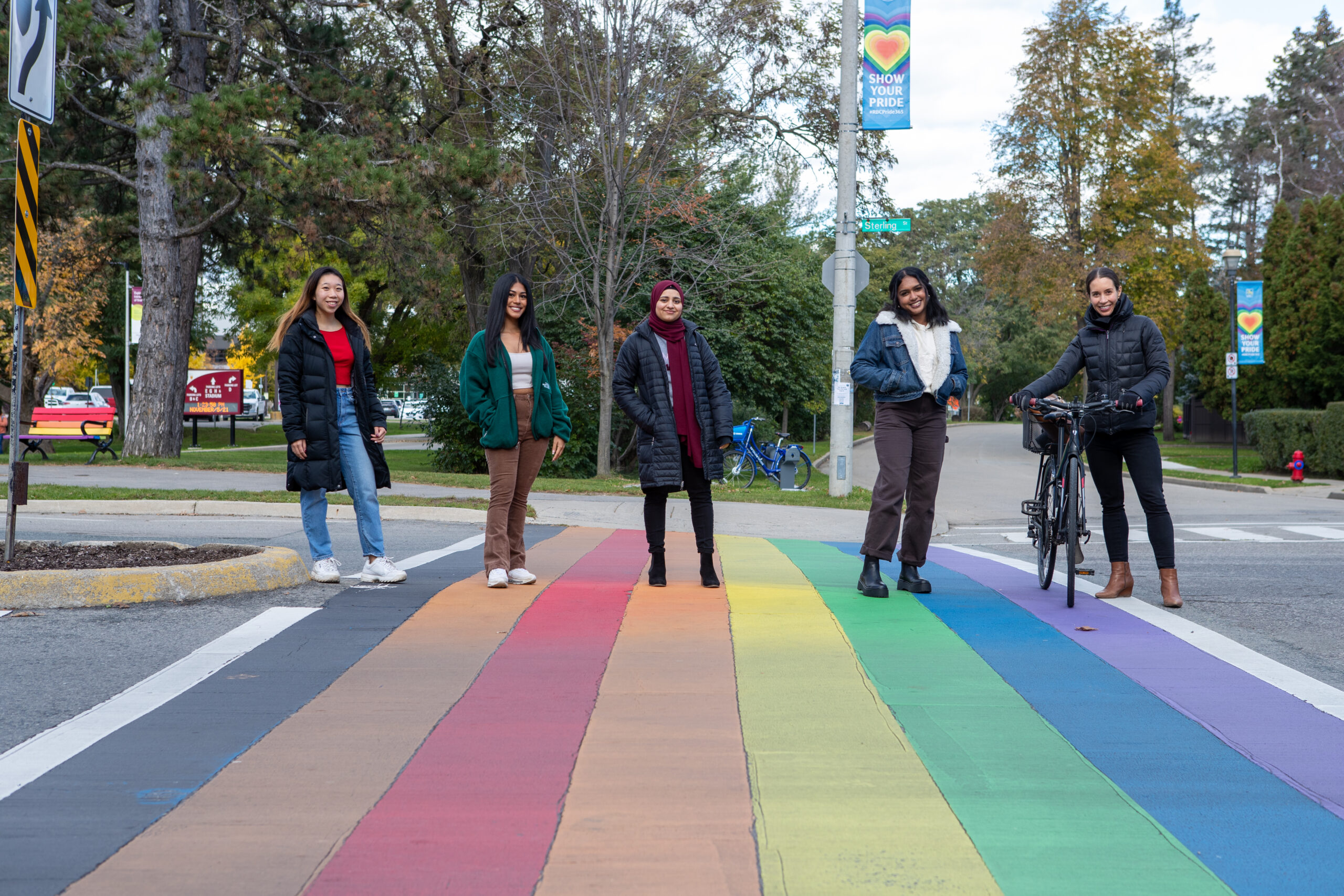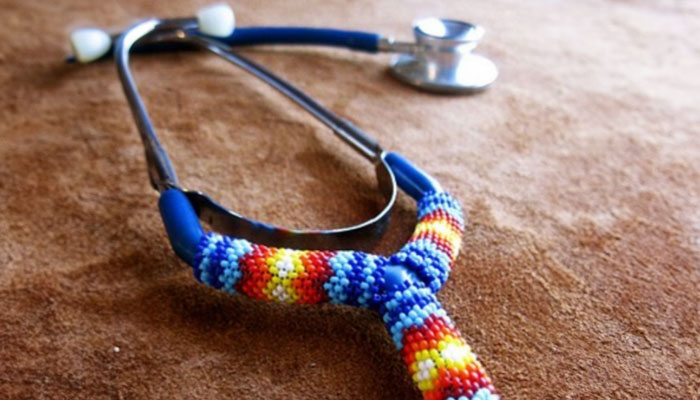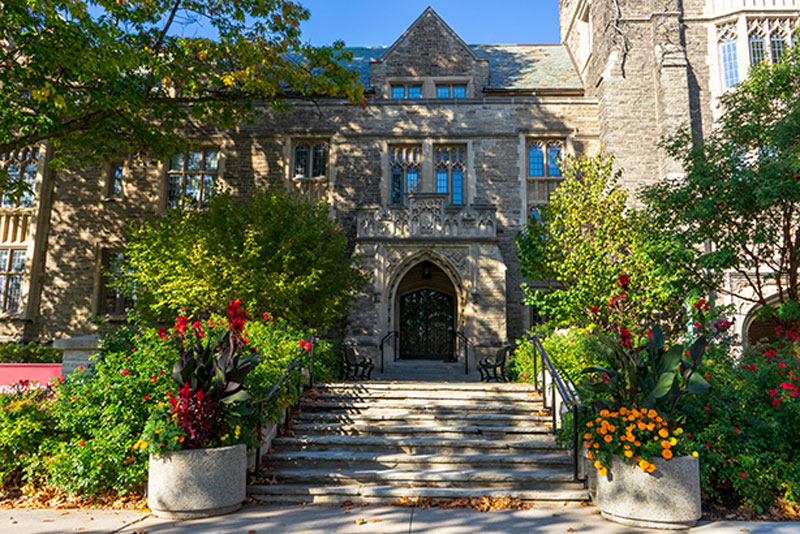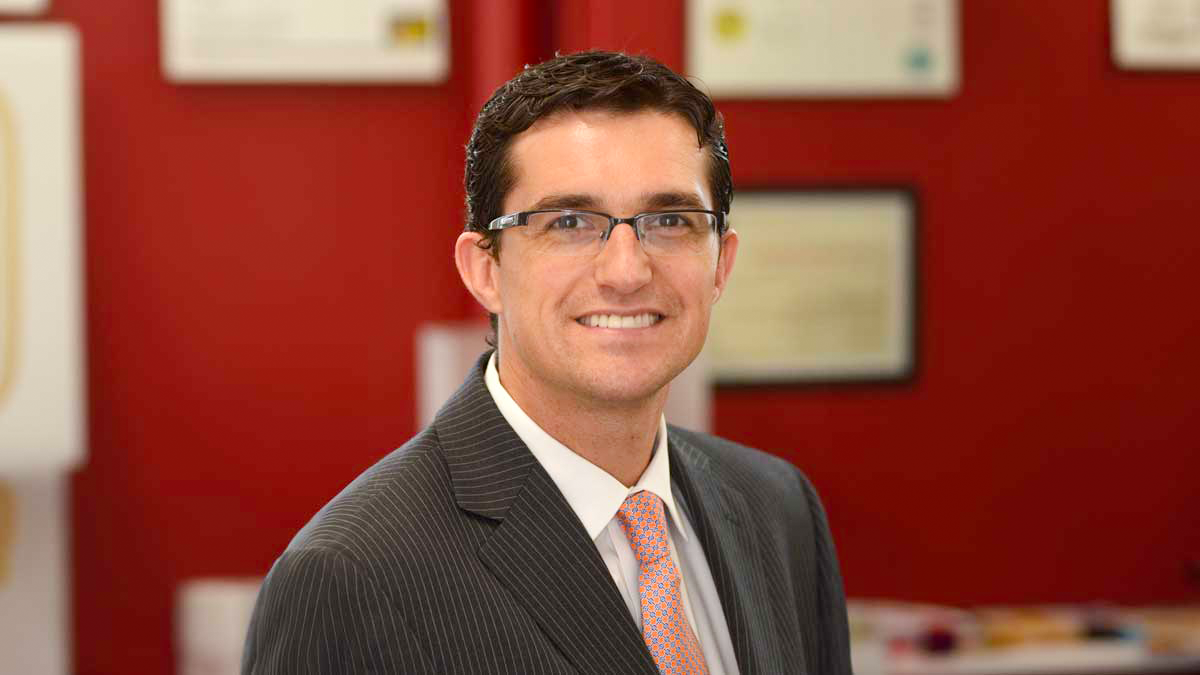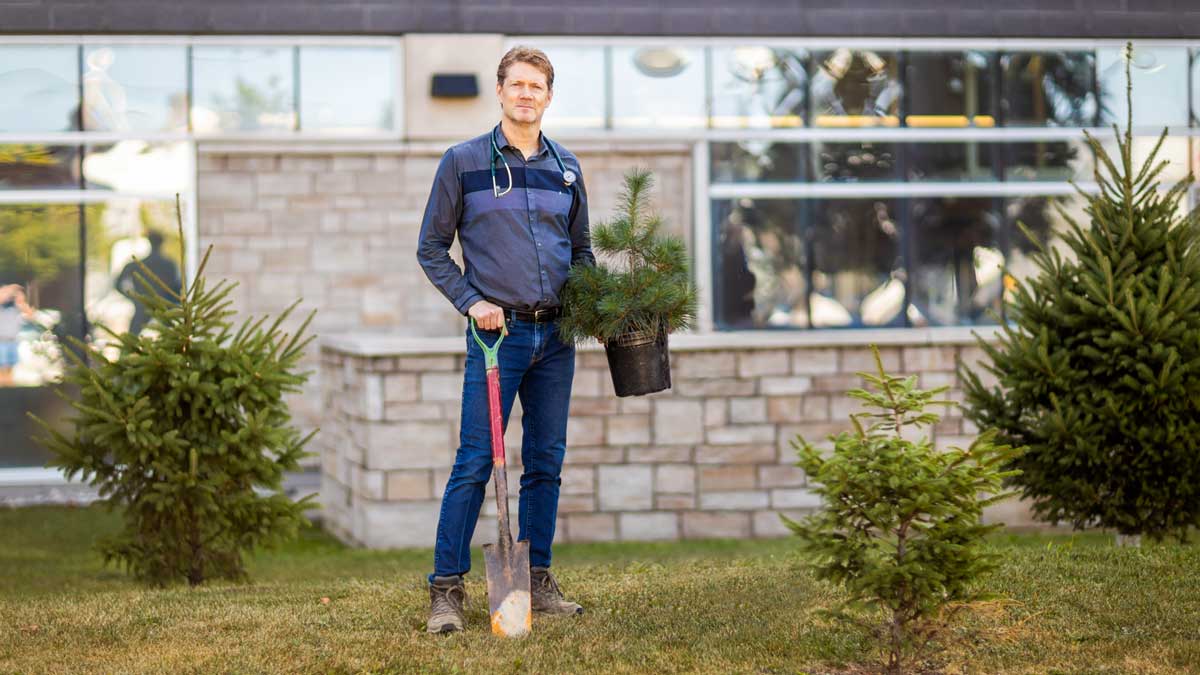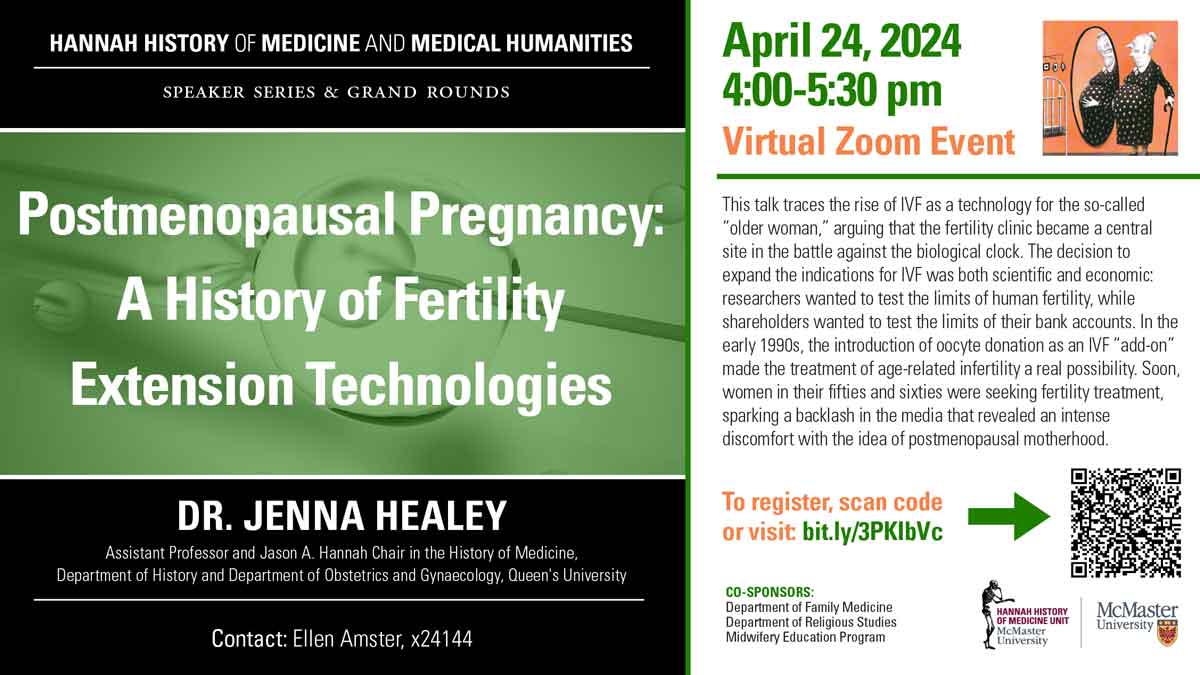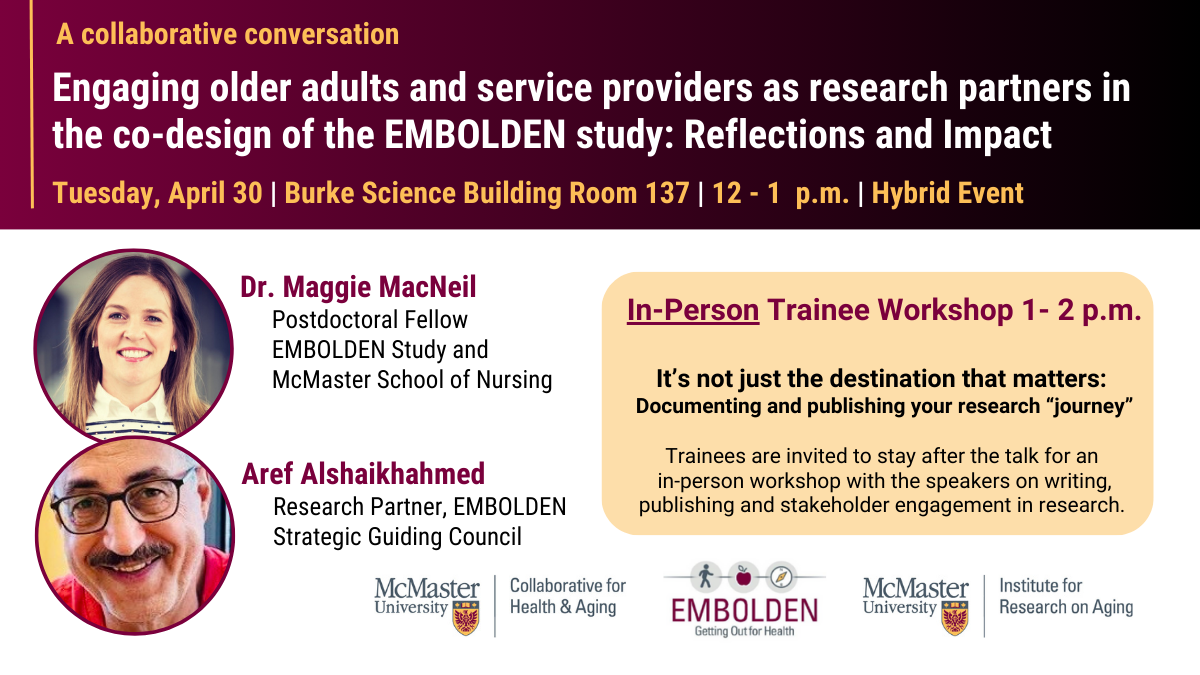Home
Welcome to the Faculty of Health Sciences
A global leader in health education, research and training, and home to some of the best and brightest minds in the world, the Faculty of Health Sciences at McMaster University is shaping the future of health care in Canada and around the globe.
Latest News
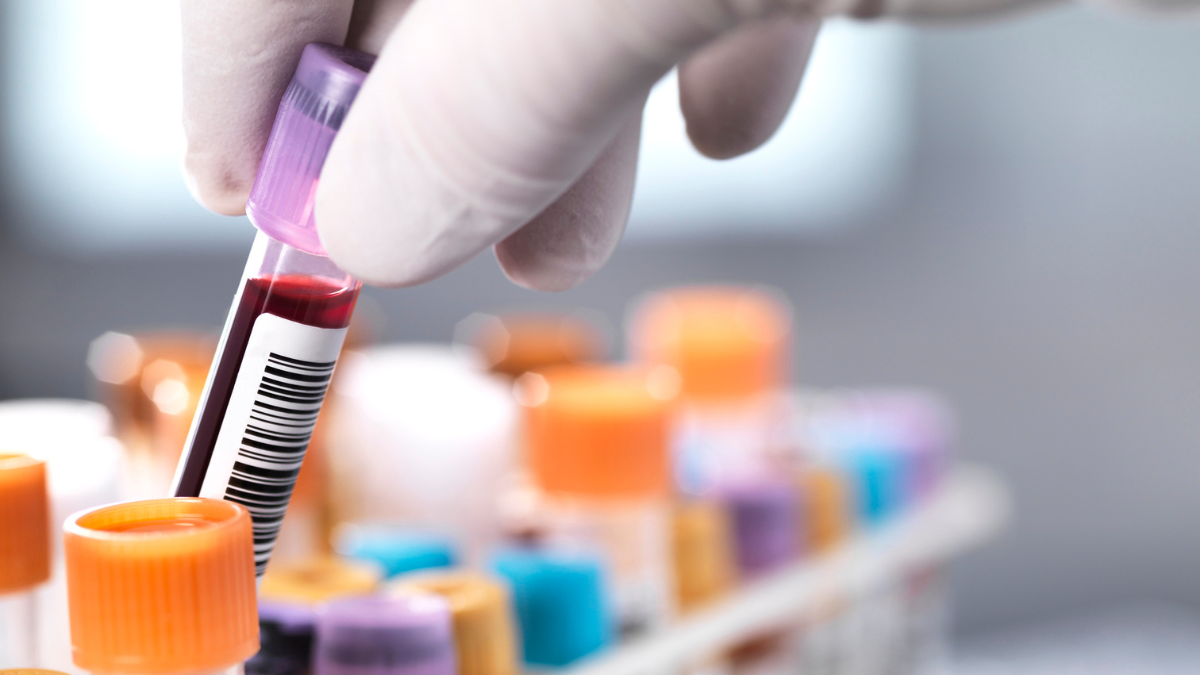

Daily News ➚
New Innovation Matchmaking program supports collaborative entrepreneurship
Collaborations & Partnerships
Upcoming Events

McMaster Advanced GRADE Workshop
Workshops
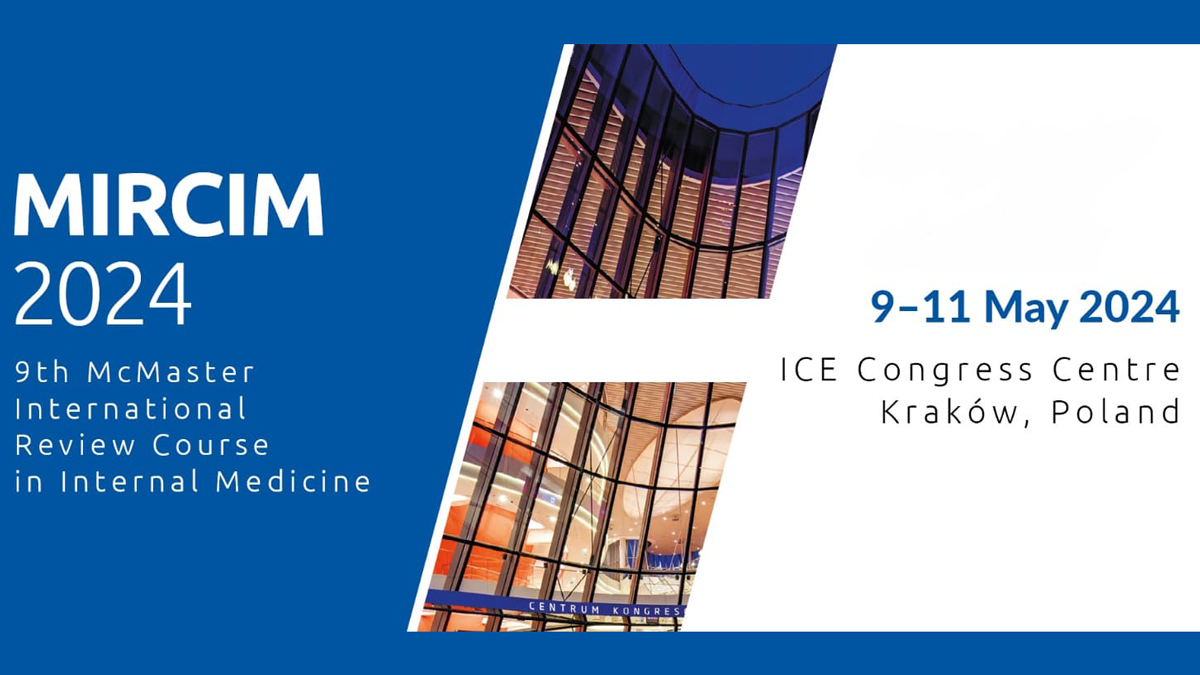
MIRCIM 2024 9th McMaster International Review Course in Internal Medicine
Conferences, Workshops

